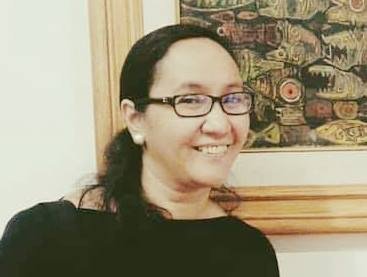
In recent years, transitional justice has emerged as an approach to not only address human rights violations but to also respond to the grievances on the ground. It comprises the “full range of processes and mechanisms associated with a society’s attempt to come to terms with a legacy of large-scale past abuses, in order to ensure accountability, serve justice and achieve reconciliation” (United Nations).
Several TJ mechanisms have come to dominate in the promotion of justice, truth and repatriation. Among these are Truth Commissions which generally seek to generate record on past abuses leading to reparations for survivors of abuse, whether in monetary or in symbolic form; formal mechanisms and on continuing the institutional reforms to democratize and build public trust on the State institutions.
These small but significant step to retrace history and strengthen the bond between the Moro and indigenous peoples in Mindanao have started through community based dialogue to surface local narratives. For many of these communities, these local and traditional dispute and grievance mechanisms have long played an essential part in ensuring peace in their locality.
Today, these communities are leading the way for a localized traditional justice mechanism where conflict resolution are adapted to address grave violations-from a range of Listening Process with IP groups, Christians and Moro; memorialization, and of revisiting peace pacts and historical markers to community based story telling, all falls within this ambit.
This is significant given the assertion on the participation of local communities in the discussion of and in formal peace process has heightened. From indigenous peoples, that their inherent and legislated rights will also be entrenched in the Bangsamoro Basic Law (BBL), recently passed by Congress as Bangsamoro Organic Law, and that armed groups and government forces recognize their traditional justice mechanisms.
This remains to be a test, as history would show that whilst their lands and their lives are continually threatened by hostilities from government and armed rebel groups, they remained to be in the periphery of the discourse on peace and human security—their thin voice and the lack of sensitivity among implementers does not lend them a part in the formal peace mechanism and decision making.
The Framework Agreement on the Bangsamoro (FAB) signed on October 2012 attempts to address these call for a transitional justice mechanism that would “address the legitimate grievance of the Bangsamoro people, correct historical injustices and address human rights violations.” When the FAB was passed, there was a renewed hope for peace. This continued as the negotiators from the two parties persisted on working on the annexes until the Comprehensive Agreement on the Bangsamoro (CAB) was finally signed on March 2014.
For IP leaders and local communities, meaningful transitional justice should result from an inclusive process involving affected communities, with its own grievance mechanism that should be respected by armed actors and by the peace panels. To start with, the thin protection afforded by the law on the IPs has resulted to its non recognition under the present Autonomous Region in Muslim Mindanao (ARMM) where rich and powerful families have applied for CLOA and maximized it for economic activities.
In the ancestral lands, most of the IP communities have become an unwilling host of encounters between the government forces and armed rebels. It has also become an unwilling host of development aggression from big companies, resulting to loss of lives and displacement from their ancestral domains.
These legitimate grievances raised by indigenous peoples in Mindanao who were unjustly disposed of their territorial and proprietary rights, ancestral lands and continually marginalized in the formal peace process needs to be recognized. It is in listening to these narratives that any human rights violation and injustice could be properly addressed.
Beyond the vertical and horizontal conflict lines, local mechanisms developed by communities to address the several cases of violence which marred the social relations on the ground have to be taken into account. (Email comments to roledan@gmail.com)
